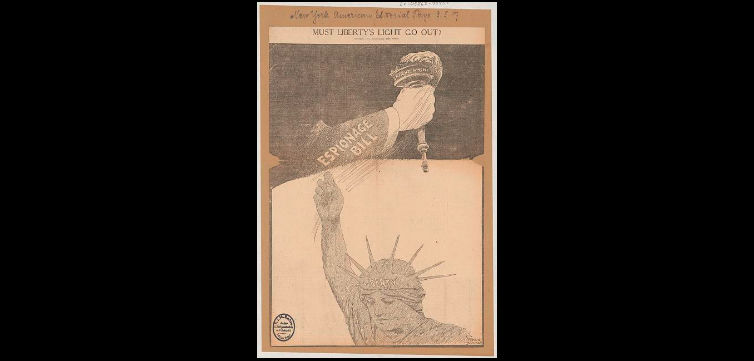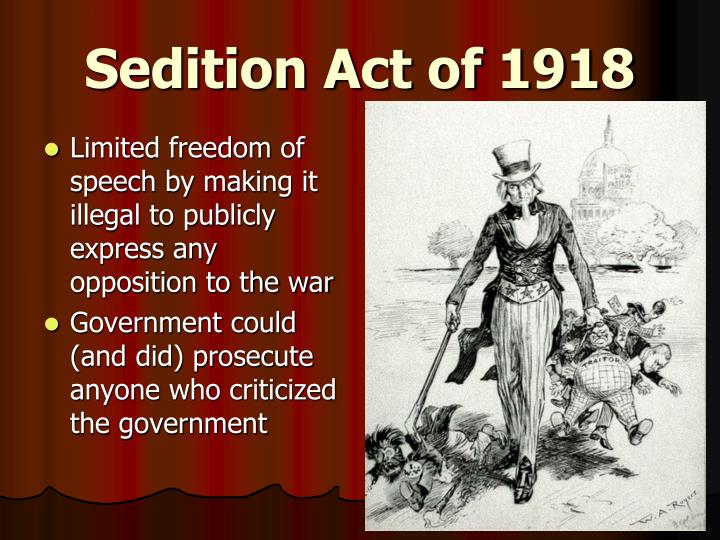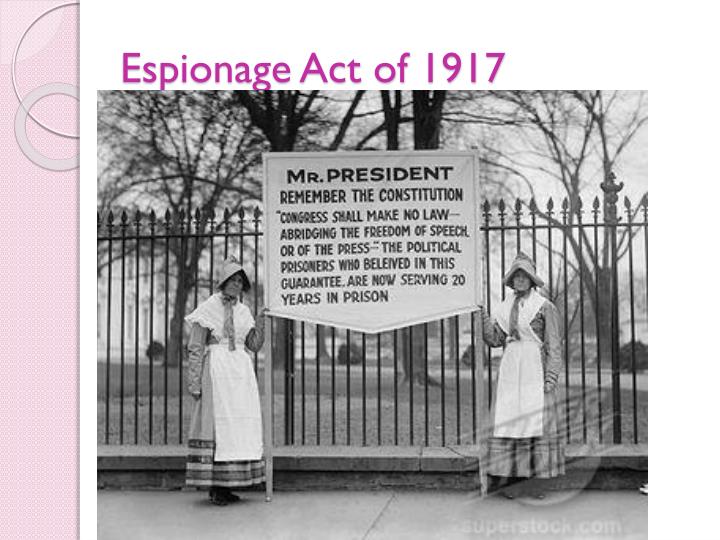
Penalties for violation of section 1832 are imprisonment for up to 10 years for individuals (no fines) and fines of up to US$5 million for organizations. Theft of trade secrets: Criminalizes the misappropriation of trade secrets related to or included in a product that is produced for or placed in interstate (including international) commerce, with the knowledge or intent that the misappropriation will injure the owner of the trade secret. Penalties for violation are fines of up to US$500,000 per offense and imprisonment of up to 15 years for individuals, and fines of up to US$10 million for organizations. Įconomic espionage: Criminalizes the misappropriation of trade secrets (including conspiracy to misappropriate trade secrets and the subsequent acquisition of such misappropriated trade secrets) with the knowledge or intent that the theft will benefit a foreign power.įirst criminal prosecution under espionage part performed in 2010.

Most uses have been in trade secret area.

Penalties for violation are fines of up to US$500,000 per offense and imprisonment of up to 15 years for individuals and fines of up to US$10 million for organizations. □Įconomic espionage-criminalizes the misappropriation of trade secrets (including conspiracy to misappropriate trade secrets and the subsequent acquisition of such misappropriated trade secrets) with the knowledge or intent that the theft will benefit a foreign power. □įirst criminal prosecution under espionage part was performed in 2010.

It covers Trade Secrets and Economic Espionage.

3488, enacted Octodeals with industrial espionage (e.g., the theft or misappropriation of a trade secret and the National Information Infrastructure Protection Act) and four other areas of action that Congress deemed appropriate and the United States Sentencing Commission reports regarding encryption or scrambling technology and other technical and minor amendments. The Economic Espionage Act (EEA)-1996- Public Law 104–294, 110 Stat.


 0 kommentar(er)
0 kommentar(er)
